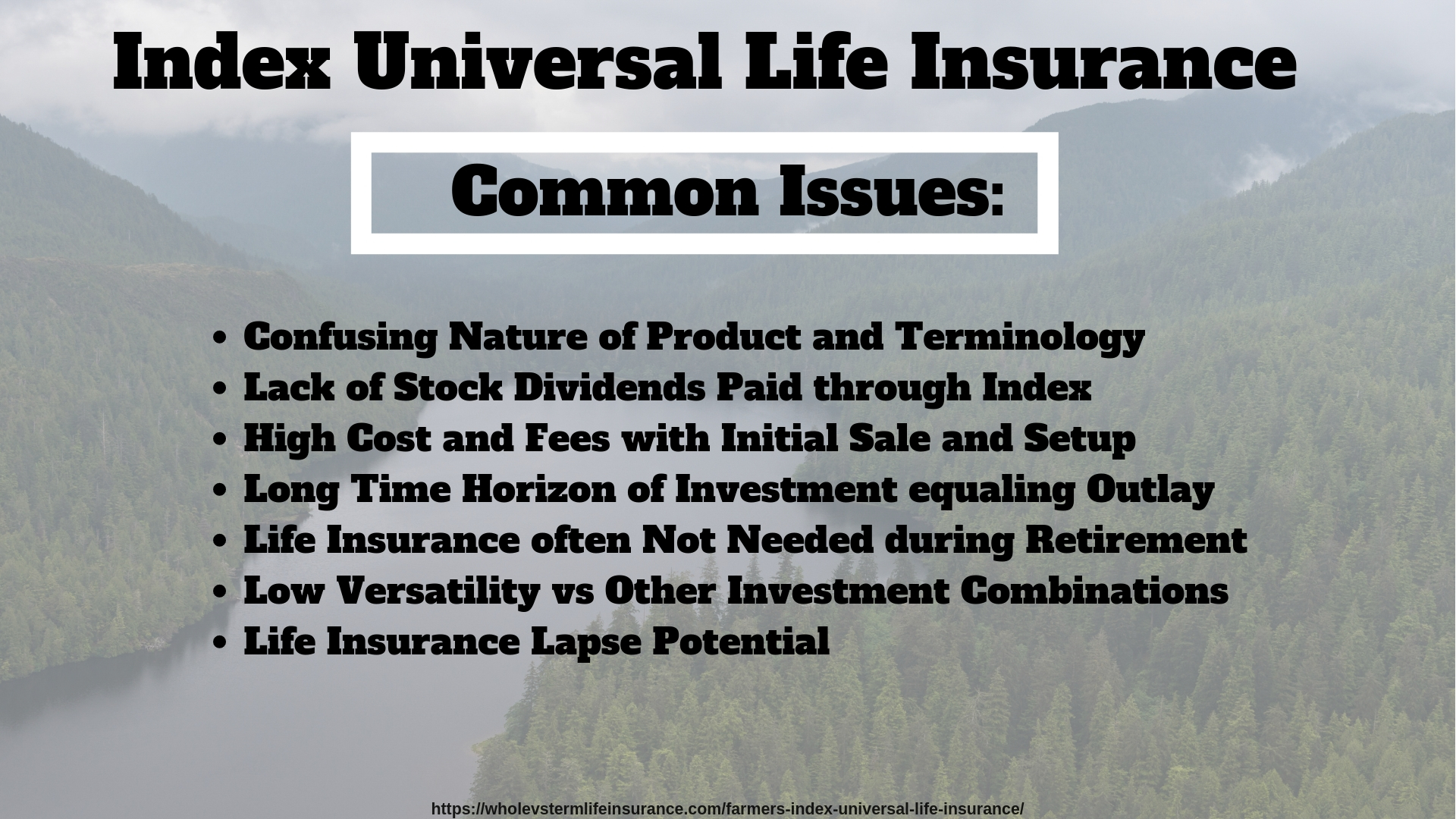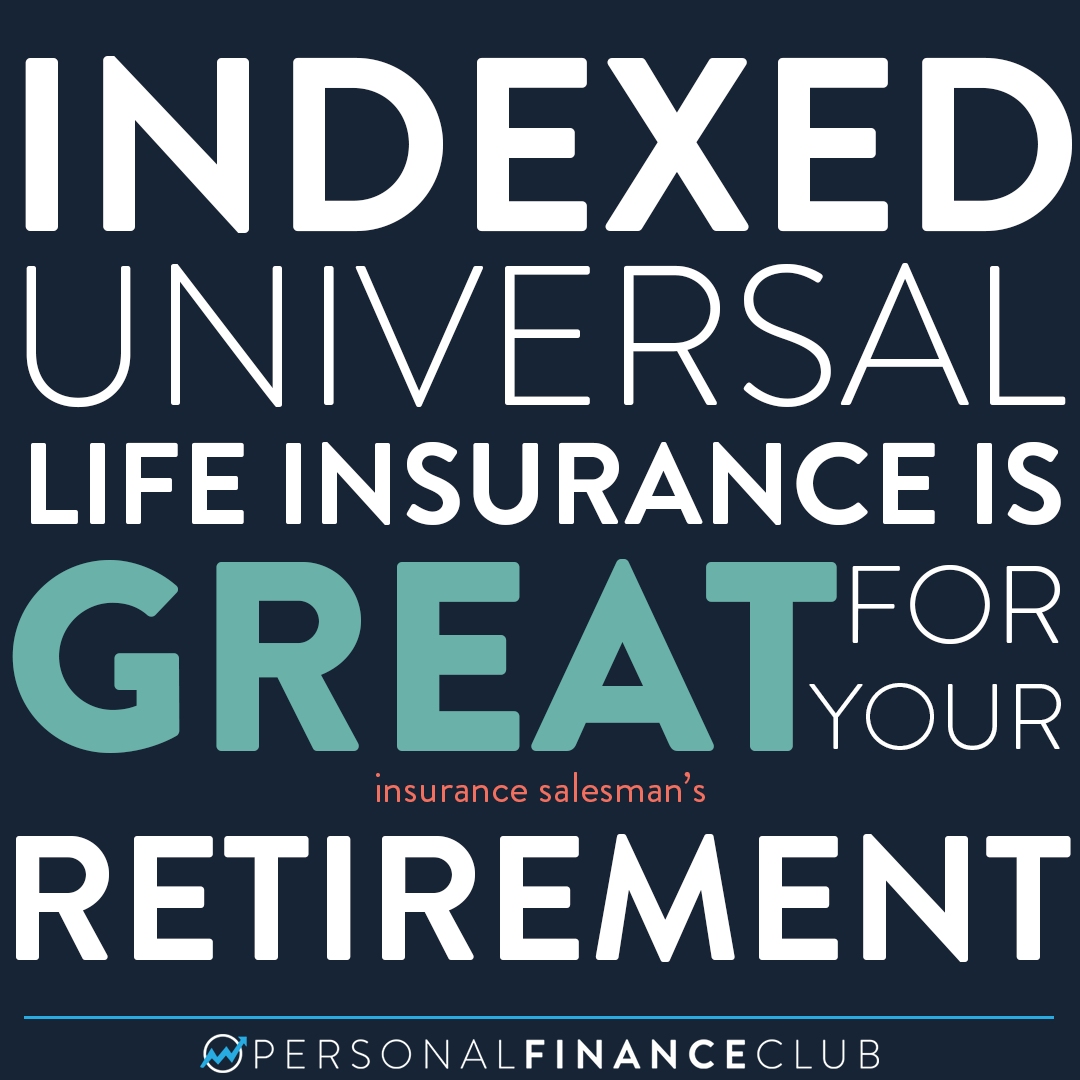All Categories
Featured
Table of Contents
Indexed Universal Life (IUL) insurance is a kind of irreversible life insurance coverage plan that integrates the functions of conventional global life insurance with the capacity for cash money worth development connected to the performance of a securities market index, such as the S&P 500 (Indexed Universal Life investment). Like various other forms of permanent life insurance policy, IUL supplies a survivor benefit that pays to the recipients when the insured passes away
Money value accumulation: A section of the premium repayments enters into a money value account, which makes passion over time. This cash worth can be accessed or obtained versus throughout the policyholder's life time. Indexing alternative: IUL plans use the possibility for cash money value development based on the performance of a stock exchange index.
What should I look for in a High Cash Value Iul plan?
As with all life insurance items, there is also a set of dangers that insurance policy holders should be mindful of prior to considering this kind of policy: Market danger: One of the primary risks connected with IUL is market risk. Considering that the cash money worth development is linked to the efficiency of a securities market index, if the index chokes up, the money value might not expand as expected.

Enough liquidity: Insurance policy holders need to have a stable economic scenario and fit with the exceptional repayment requirements of the IUL policy. IUL enables versatile costs repayments within certain limitations, yet it's important to preserve the policy to guarantee it accomplishes its intended objectives. Rate of interest in life insurance policy coverage: Individuals who require life insurance policy coverage and a passion in money value development may discover IUL enticing.
Candidates for IUL need to have the ability to understand the technicians of the policy. IUL may not be the best option for individuals with a high resistance for market danger, those that prioritize inexpensive investments, or those with more instant economic requirements. Consulting with a qualified economic advisor that can offer personalized guidance is important prior to taking into consideration an IUL plan.
All registrants will obtain a schedule invitation and web link to join the webinar through Zoom. Can't make it live? Register anyway and we'll send you a recording of the presentation the next day.
How much does Indexed Universal Life Loan Options cost?
You can underpay or avoid costs, plus you may be able to adjust your death benefit.
Cash money worth, along with possible growth of that value through an equity index account. An alternative to designate part of the cash money worth to a set interest choice.
Insurance holders can choose the percent assigned to the dealt with and indexed accounts. The value of the chosen index is tape-recorded at the start of the month and contrasted with the value at the end of the month. If the index boosts during the month, rate of interest is included in the money value.
The 6% is multiplied by the cash money value. The resulting rate of interest is contributed to the cash money value. Some plans compute the index gets as the amount of the adjustments for the duration, while various other policies take a standard of the day-to-day gains for a month. No passion is credited to the cash money account if the index goes down as opposed to up.
Why is Iul Calculator important?
The rate is set by the insurance provider and can be anywhere from 25% to more than 100%. (The insurance company can additionally change the get involved rate over the lifetime of the policy.) If the gain is 6%, the participation price is 50%, and the current money worth total amount is $10,000, $300 is included to the money worth (6% x 50% x $10,000 = $300).
There are a variety of advantages and disadvantages to consider before buying an IUL policy.: As with common universal life insurance coverage, the insurance policy holder can increase their premiums or reduced them in times of hardship.: Amounts attributed to the cash worth grow tax-deferred. The cash money worth can pay the insurance coverage costs, permitting the insurance holder to minimize or stop making out-of-pocket premium settlements.
Why is Indexed Universal Life Policy important?
Numerous IUL policies have a later maturity date than other types of universal life policies, with some finishing when the insured reaches age 121 or more. If the insured is still to life during that time, policies pay the survivor benefit (but not normally the cash money worth) and the proceeds may be taxable.

: Smaller policy face worths do not offer much benefit over normal UL insurance policies.: If the index goes down, no interest is credited to the cash money value.
With IUL, the goal is to make money from upward movements in the index.: Because the insurance company just buys options in an index, you're not directly bought supplies, so you don't benefit when firms pay dividends to shareholders.: Insurers fee fees for managing your money, which can drain cash worth.
How do I compare Indexed Universal Life Policy plans?

For lots of people, no, IUL isn't much better than a 401(k) - Flexible premium IUL in regards to saving for retirement. The majority of IULs are best for high-net-worth individuals trying to find ways to decrease their taxed earnings or those that have actually maxed out their other retired life alternatives. For everybody else, a 401(k) is a much better investment lorry since it doesn't lug the high costs and costs of an IUL, plus there is no cap on the amount you might gain (unlike with an IUL plan)
While you may not lose any type of money in the account if the index goes down, you won't earn passion. If the market transforms favorable, the earnings on your IUL will not be as high as a typical financial investment account. The high expense of premiums and charges makes IULs costly and significantly much less budget friendly than term life.
Indexed universal life (IUL) insurance coverage supplies cash money worth plus a death advantage. The cash in the cash value account can make rate of interest via tracking an equity index, and with some typically allocated to a fixed-rate account. However, Indexed global life policies cap just how much cash you can build up (typically at less than 100%) and they are based on a potentially unpredictable equity index.
Iul Interest Crediting
A 401(k) is a better choice for that objective since it does not lug the high fees and premiums of an IUL plan, plus there is no cap on the quantity you might gain when invested. The majority of IUL policies are best for high-net-worth individuals seeking to decrease their gross income. Investopedia does not supply tax, financial investment, or economic services and recommendations.
If you're considering getting an indexed universal life policy, initial talk with a financial expert who can discuss the nuances and offer you a precise photo of the actual capacity of an IUL plan. Make sure you recognize exactly how the insurer will certainly determine your rate of interest, incomes cap, and charges that could be analyzed.
Latest Posts
Life Insurance Tax Free Growth
Iul Investment Calculator
What Is The Difference Between Universal And Whole Life Insurance